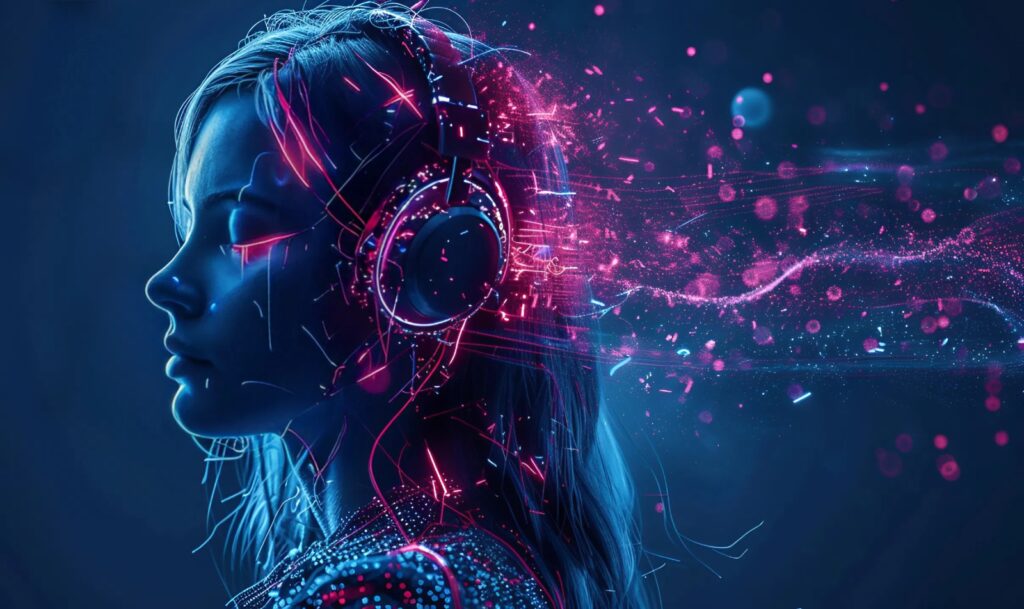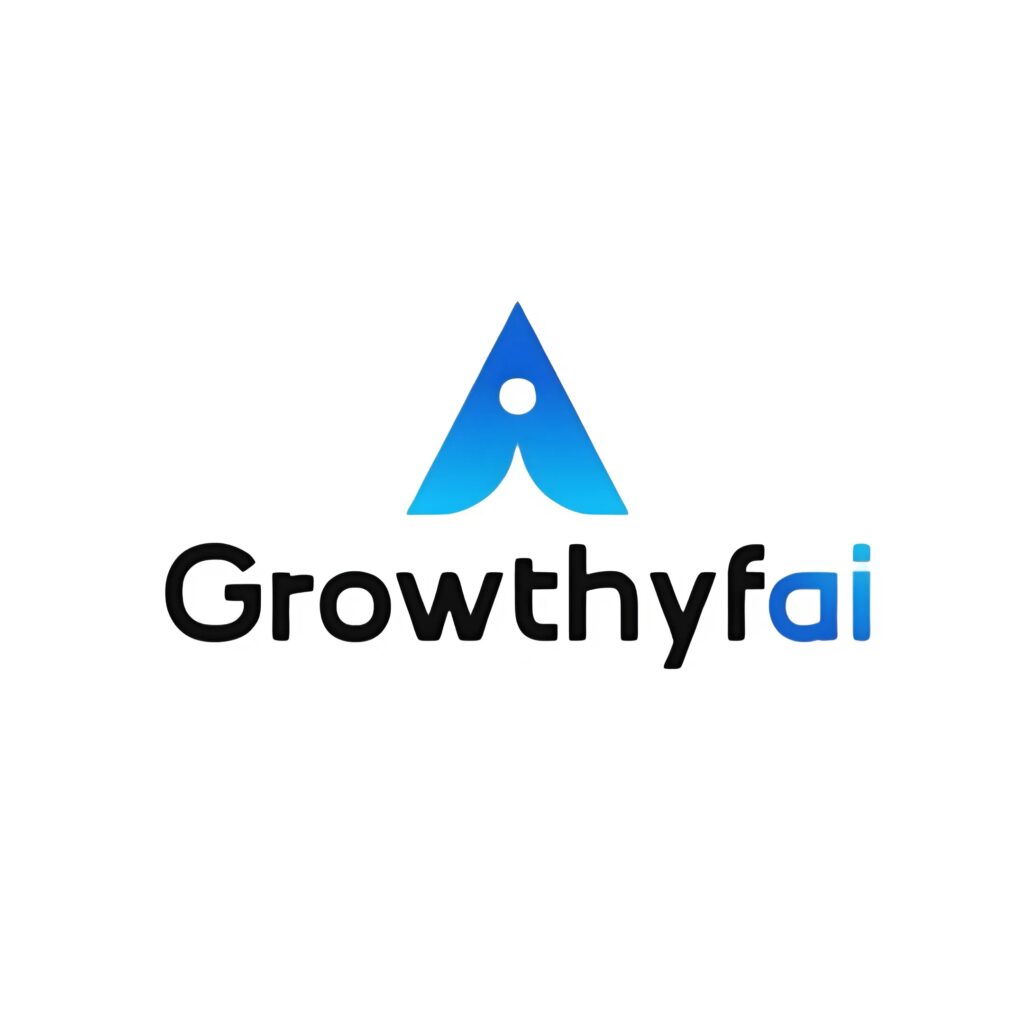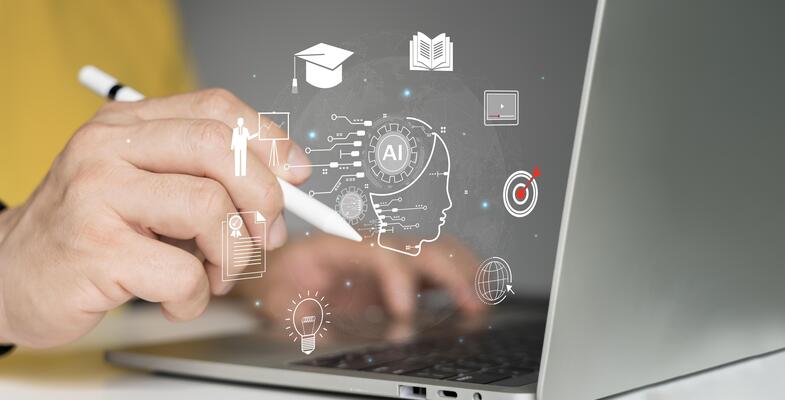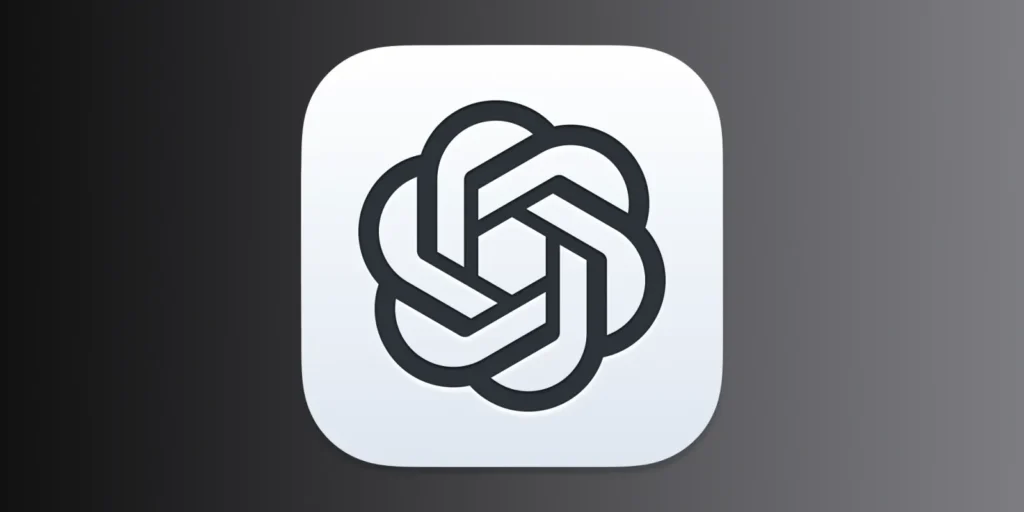How AI is Revolutionizing Personalized Education in the Digital Era

The digital era has come with a myriad of technological advancements, and among them, artificial intelligence (AI) is significantly transforming various sectors, with education not left behind. In recent years, AI has emerged as a potent tool in personalizing education to enhance student learning experiences. This blog post delves into how AI is revolutionizing personalized education, the benefits it offers, and the potential challenges it faces.
Understanding the Need for Personalization in Education
The traditional education model often operates on a one-size-fits-all approach, which can overlook the unique learning needs and paces of individual students. Personalization in education seeks to tailor learning experiences, meeting each student at their specific level of understanding and interest. This customized approach promises to improve student engagement, understanding, and overall academic performance. AI technologies are ideally suited to facilitate this transformation, allowing educators to craft individualized learning pathways that ensure every student can progress successfully.
AI-Powered Adaptive Learning Platforms
One of the most profound impacts of AI in personalized education is through the development of adaptive learning platforms. These platforms use machine learning algorithms to analyze students’ strengths, weaknesses, and learning speeds. By processing vast amounts of data, AI systems can then suggest personalized learning materials and pathways suited to individual needs.
For example, companies like DreamBox Learning and Knewton have developed AI-driven systems that adapt in real-time to students’ needs, providing instant feedback and dynamically adjusting the difficulty of tasks according to learners’ performance. This level of personalization not only helps in identifying students’ gaps in understanding but also keeps them engaged by offering challenges that are appropriately aligned to their abilities.
AI Tutors and Chatbots: The New Age of Student Support
In addition to adaptive learning platforms, AI-powered tutors and chatbots offer another layer of personalization. They are available 24/7, providing instant answers to students’ queries and offering explanations on complex topics, supplementing the role of human educators.
For instance, IBM’s Watson Tutor and Google’s Socratic are pioneers in offering AI tutoring services. These tutors assess student responses and hint at solutions, encouraging critical thinking and problem-solving. Furthermore, AI chatbots can manage administrative tasks like scheduling, reminders, and basic student inquiries, allowing human educators to focus more on teaching and less on logistics.
Enhancing Teacher Support and Analytics
AI is not only beneficial for students but also for educators by acting as a robust support system. AI analytics tools provide educators with insights into class performance, engagement levels, and individual progress through real-time data analysis. Such insights enable teachers to customize their instructional methods effectively and identify students who may need additional support.
Moreover, AI-powered tools can assist teachers in developing curriculum resources. Platforms like Content Technologies, Inc. leverage AI to create custom textbook solutions tailored to specific course requirements, reducing educators’ workloads and ensuring that course content is up-to-date and aligned with learning objectives.
Real World Success Stories
Several educational institutions globally have begun to integrate AI-driven personalized learning into their curriculums, witnessing remarkable outcomes. One notable example is Georgia State University, which significantly boosted its graduation rates with the help of an AI-based advising system. The system predicted students who were at risk of dropping out and suggested timely interventions.
Similarly, the United Arab Emirates University has partnered with adaptive learning technology to personalize student learning experiences, resulting in higher academic success rates and enhanced student satisfaction.
Challenges and Ethical Considerations
Despite its benefits, the integration of AI in personalized education is not without challenges. Concerns regarding data privacy, the digital divide, and reliance on technology are prominent.
Ensuring data privacy and securing sensitive student information is crucial, as AI systems process large amounts of personal data. Additionally, not all students may have equal access to the technology required for AI-driven education, leading to a potential widening of the educational gap.
Ethically, it is vital that AI systems are designed and deployed with transparency, ensuring that they complement rather than replace human educators. Education should remain a collaborative effort where AI acts as an empowering tool rather than a dominant force.
Conclusion
AI is undeniably reshaping the landscape of personalized education, offering innovative solutions that adapt to individual learning needs and maximize educational outcomes. While the journey towards AI-driven personalized education presents challenges, the potential benefits far outweigh the hurdles. As we continue to refine these technologies and address ethical considerations, the future of education promises an era where every learner can receive the bespoke education they deserve, leading to universally improved educational experiences and outcomes.
AI’s role in transforming personalized education in the digital era is just beginning, and its possibilities are boundless. As technology advances, it is imperative that educators, policymakers, and technologists work collaboratively to ensure that AI continues to serve as a tool for equity, inclusion, and transformative educational opportunities.







